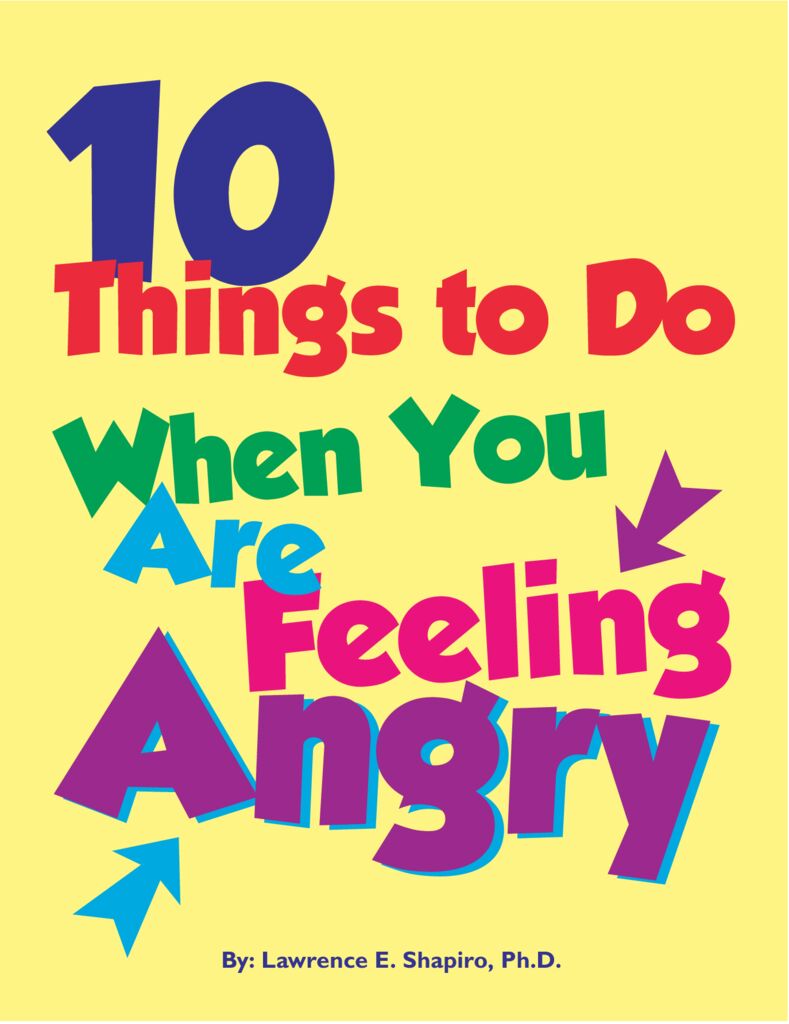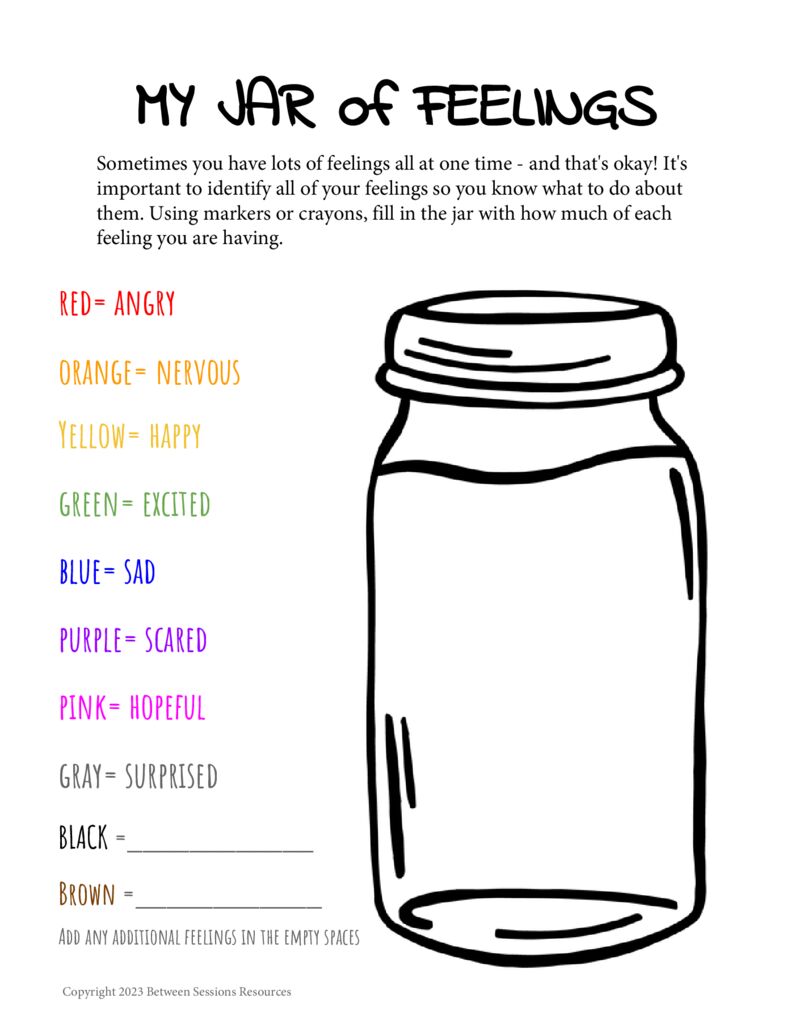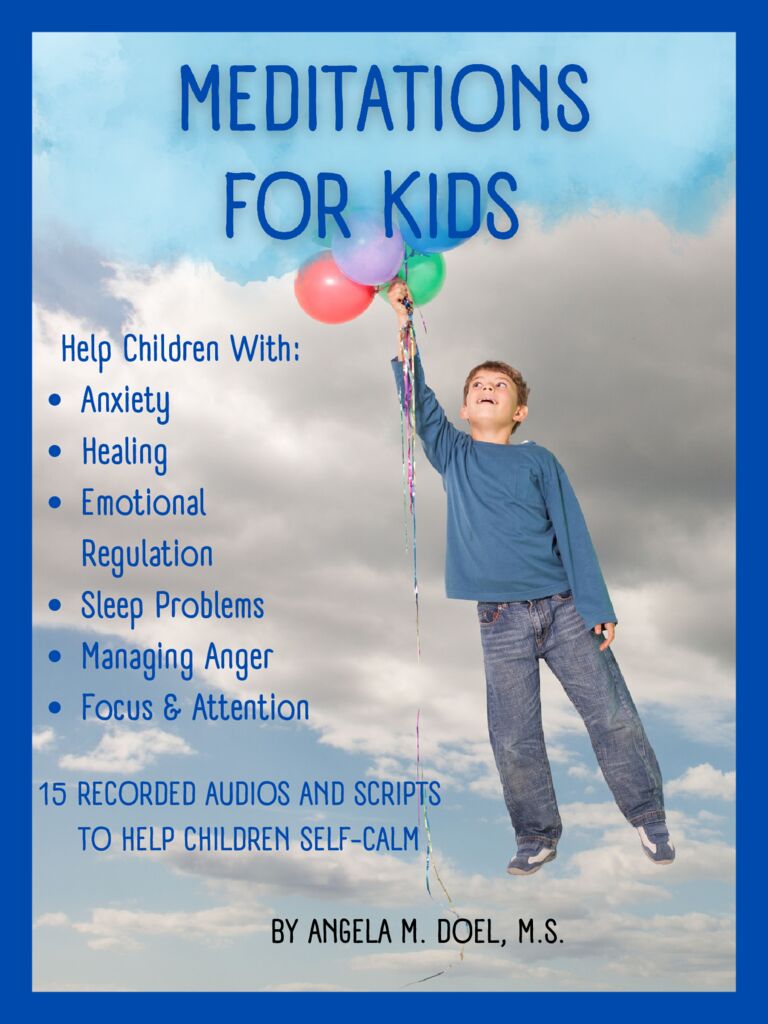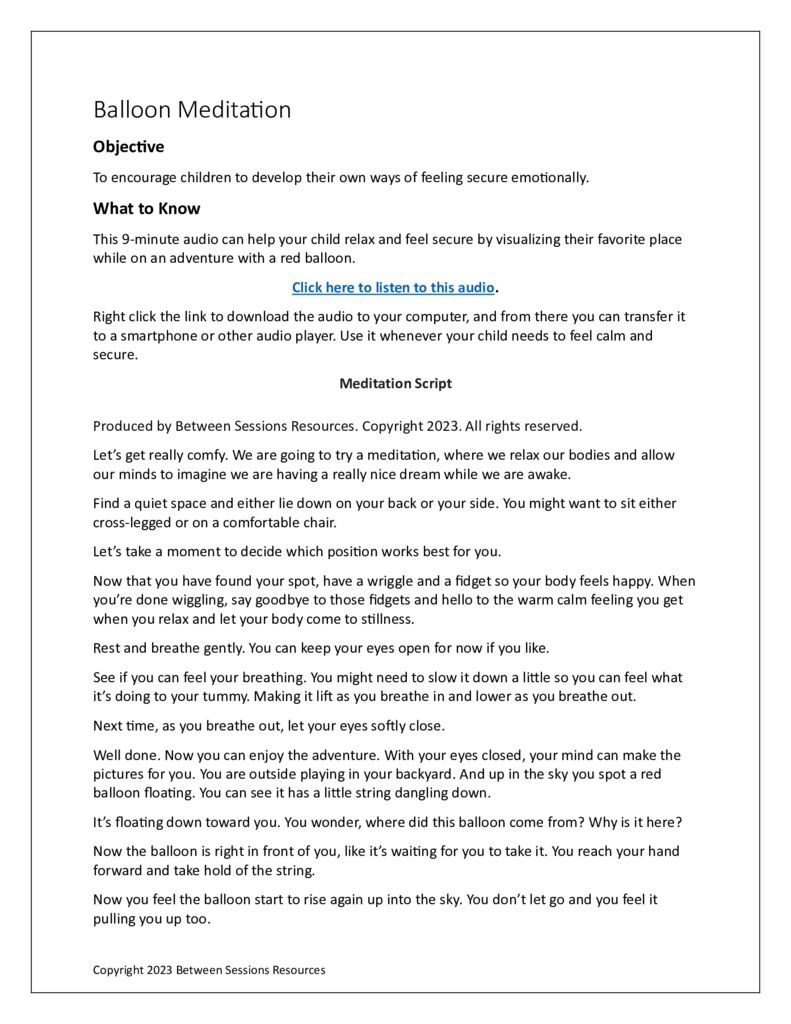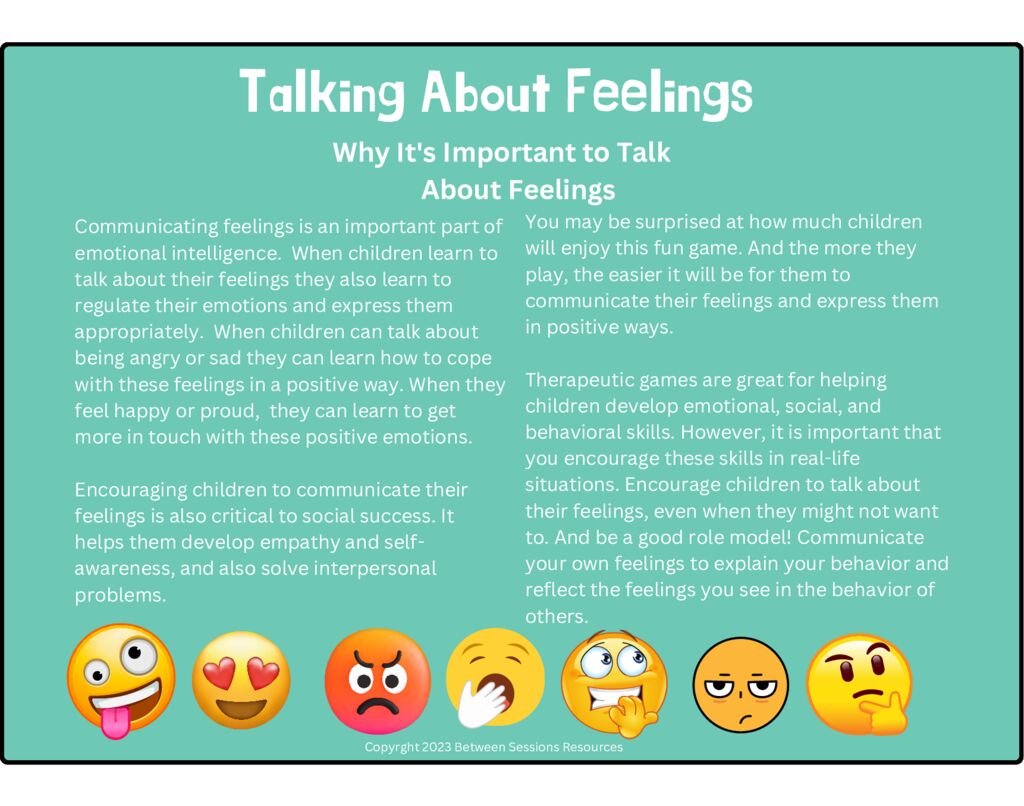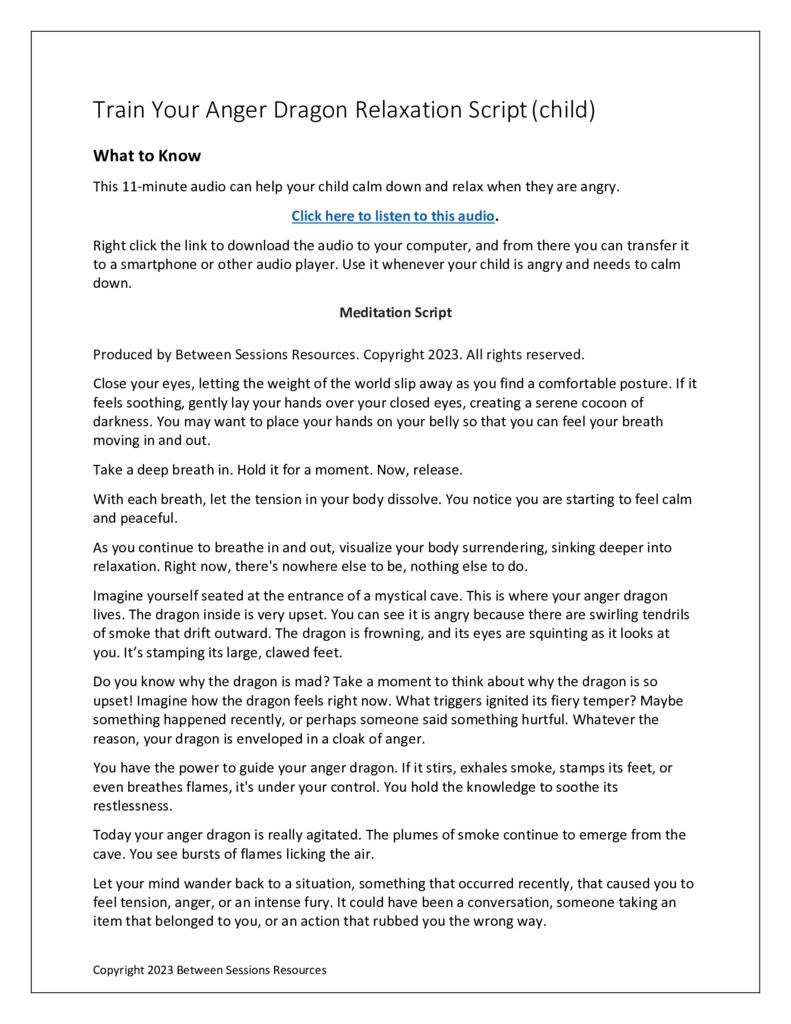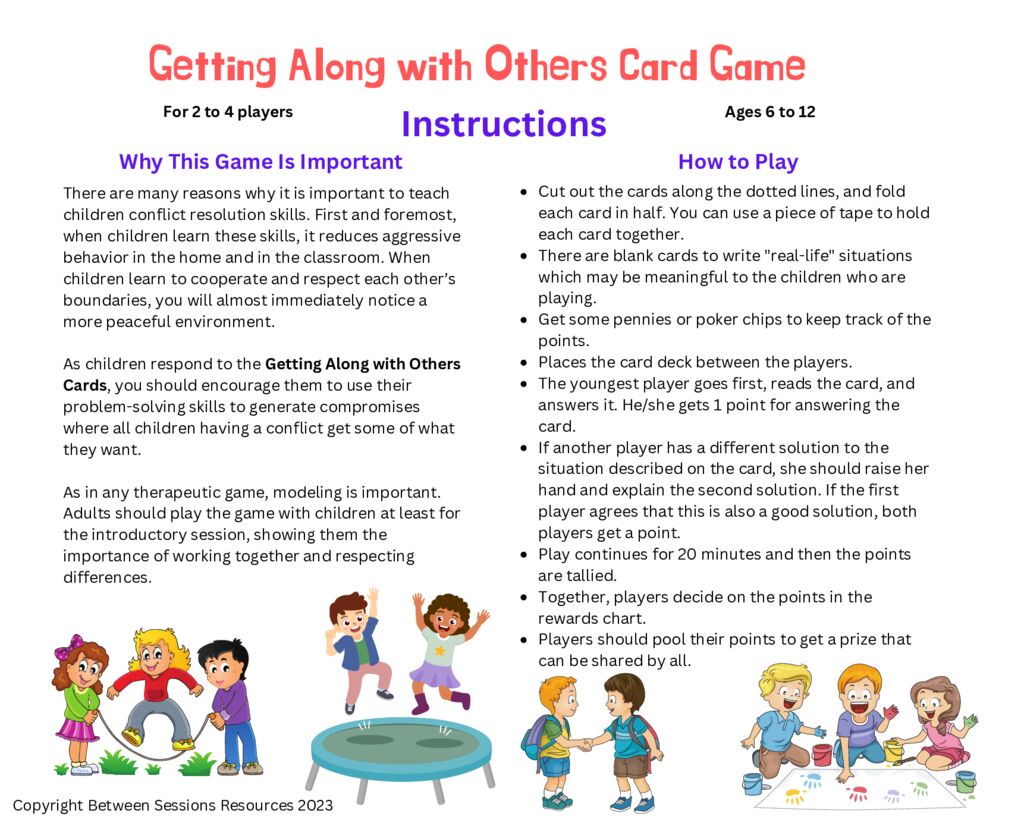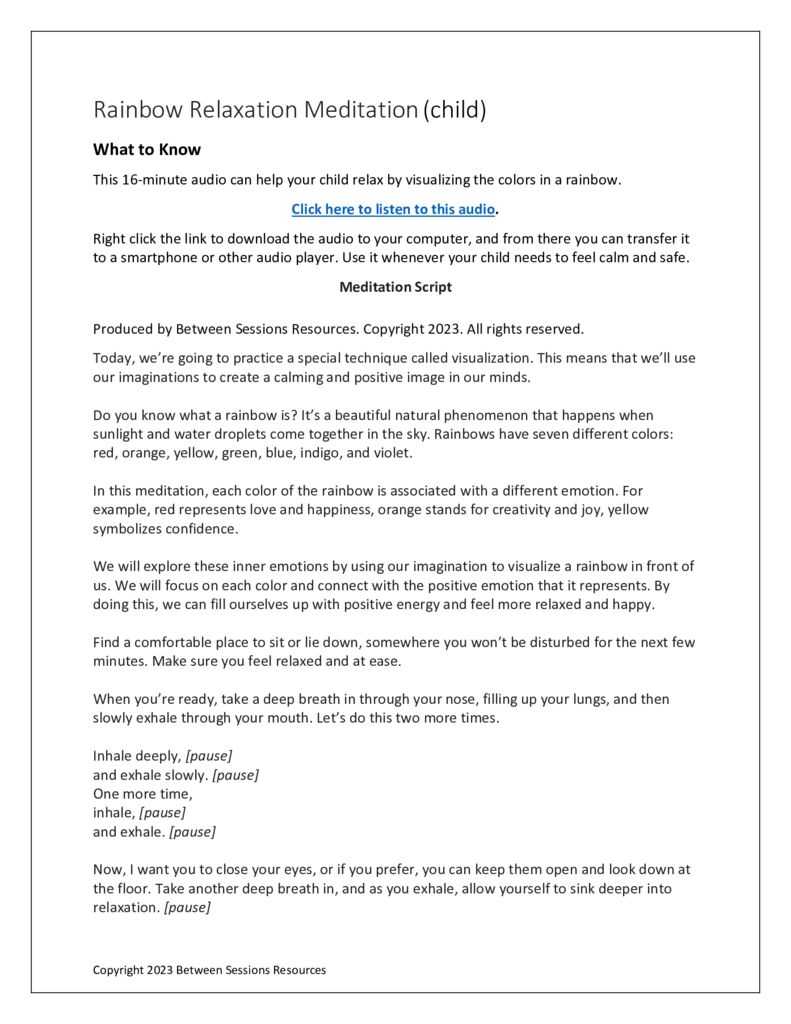This worksheet teaches kids to think about their emotions and how they affect their behavior. (0324. ADHD, anger control, social and emotional learning)
This workbook for kids teaches techniques to help children under their anger and express it appropriately. Techniques include identifying anger triggers, talking about feelings rather than acting on them, becoming aware of when their anger “temperature” rises, changing negative thoughts to positive ones, and so on. (0224. anger control, emotional regulation, temper tantrums)
This positive discipline game includes a board game that teaches children the importance of good behavior as well as a behavioral system that can be used by parents to promote good behavior. The program includes the board game, Good Behavior Bucks, and a Rewards Penny Pitch. (1123, behavior program, positive discipline, anger control, Oppositional Defiant Disorder, ADHD)
Kids and teens can use this jar to express their feelings. (1023. emotional regulation, feelings, communication)
This book contains 15 meditations for children to help them learn to self-calm, focus, reduce angry outbursts, self-regulate emotions, and increase emotional awareness. Each meditation has an audio link and a transcript of the meditation if you would prefer to read it to a child. (0923. self-calm, anger management, relaxation, meditation, mindfulness)
This 9-minute audio can help children relax and feel secure by visualizing their favorite place while on an adventure with a red balloon. The worksheet comes with a transcript of the audio so that if you prefer, it can be read to a child. (0923, relaxation, anxiety, stress, anger, emotional regulation)
This fun card deck can easily be cut out and assembled to help children and teens learn the importance of communicating their feelings and understanding the feelings of others. The game is played like the classic card game “War,” where players turn over a card and the highest number takes all the cards. But first, you have to answer the question, “Describe a time you felt this way.” There are many ways to use these cards including sending them home for families to use “between sessions.” (0823, emotional intelligence, emotional regulation)
This 11-minute audio can help children calm down and relax when they are angry. It includes a transcript of the audio in case you would prefer to read it to a child. (0823, anger, behavior problems)
You can cut out and assemble the 50 card decks in this deck in minutes and play it with individual children, or groups of children, or assign it to families. Each card describes a conflict children are having, and players must come up with a good compromise to the conflict. The game is most effective when played with an adult who models problem-solving, respect for others, and empathy. A digital version of this game is available in the Virtual Counseling Rooms. (0823, conflict resolution, social skills, anger control)
This 16-minute audio helps children learn the skill of visualization to relax when they are stressed or anxious. (0723, stress, anxiety, trauma, anger control)


